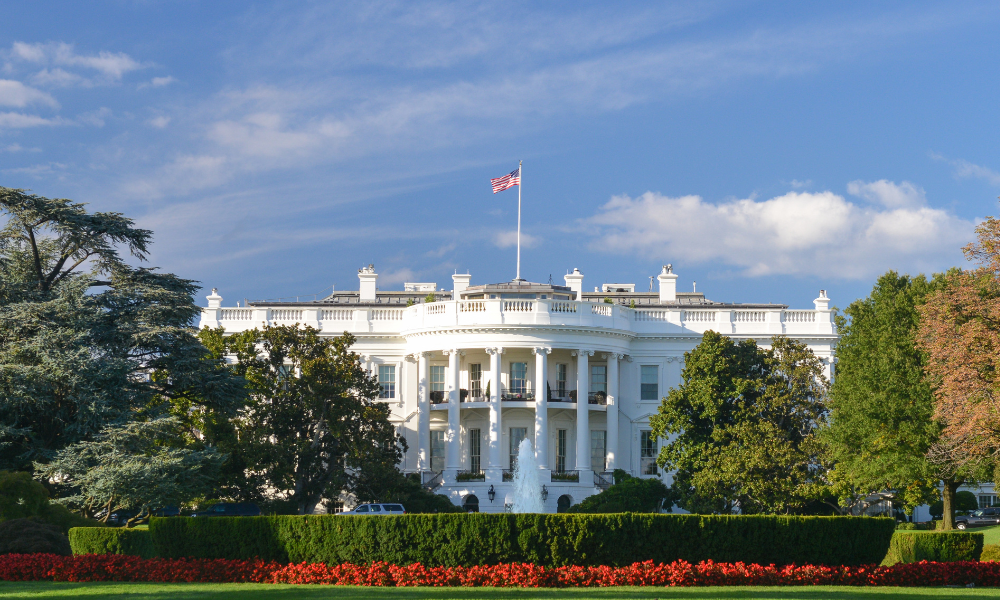Inflation remains above the Federal Reserve's 2% target

As Donald Trump prepares to assume the presidency next week, he walks into an economy that may not require the bold reforms he once promised, according to a report from Reuters.
With growth exceeding expectations, unemployment at historic lows, and inflation still above target, the incoming administration may find that doing no harm to the economy is its best path forward. Trump's proposed policies - ranging from import tariffs to immigration curbs - could risk disrupting the stability he inherits.
US President-elect Donald Trump will take office with an economy that is expanding beyond the expected trend, featuring low unemployment and persistent inflation. The conditions he faces differ from those at the start of his first term in 2017. With several areas of the economy performing well, Trump’s planned policies may encounter challenges in a climate that is less in need of the stimulus his 2017 tax cuts provided.
"Success for the Trump administration would be to do no harm to the exceptionally performing economy it is inheriting," said Mark Zandi, chief economist at Moody's Analytics
Zandi also warned that policies such as tariffs, deportations, and deficit-funded tax cuts could harm the economy, though the impact would depend on how aggressively they are implemented.
Karen Dynan, an economist at Harvard University, also raised concerns about the economy’s current state. She pointed out that inflation remains above the Federal Reserve's 2% target, and federal deficits are rising.
Dynan said that Trump’s proposed immigration policies could challenge the economy, as immigration has played a role in recent US economic performance, which has outpaced other developed nations.
When Trump took office in 2017, the economy was recovering from the 2007-2009 financial crisis, and a boost was needed—something provided by the Tax Cuts and Jobs Act. However, the onset of the COVID-19 pandemic in 2020 ended the longest US economic expansion.
Today, inflation remains persistently high, mortgage rates are nearing 7%, and long-term Treasury yields are climbing, which has raised concerns about inflation and financial stability.
Federal Reserve governor Christopher Waller acknowledged that inflation concerns persist but emphasized that the Federal Reserve is working to manage the issue. However, rising government borrowing costs and fiscal deficits are drawing increasing attention from the markets.
According to Reuters, Trump’s plans may be complicated by these economic conditions. The unemployment rate in December stood at 4.1%, and the economy added 256,000 jobs. While wage growth and consumer spending remain healthy, inflation is still above target, and risks persist that aggressive policies could reignite inflation.
Federal Reserve chair Jerome Powell said that the US economy is performing strongly but stressed the need to maintain tight monetary policy to manage inflation.
Given the current economic performance, there is uncertainty about whether the Fed will be able to reduce interest rates further. Trump's proposed policies may face challenges in balancing growth with inflation control.
Should the incoming administration reconsider its proposed actions to avoid potential economic disruption? Let us know your thoughts in the comments.



